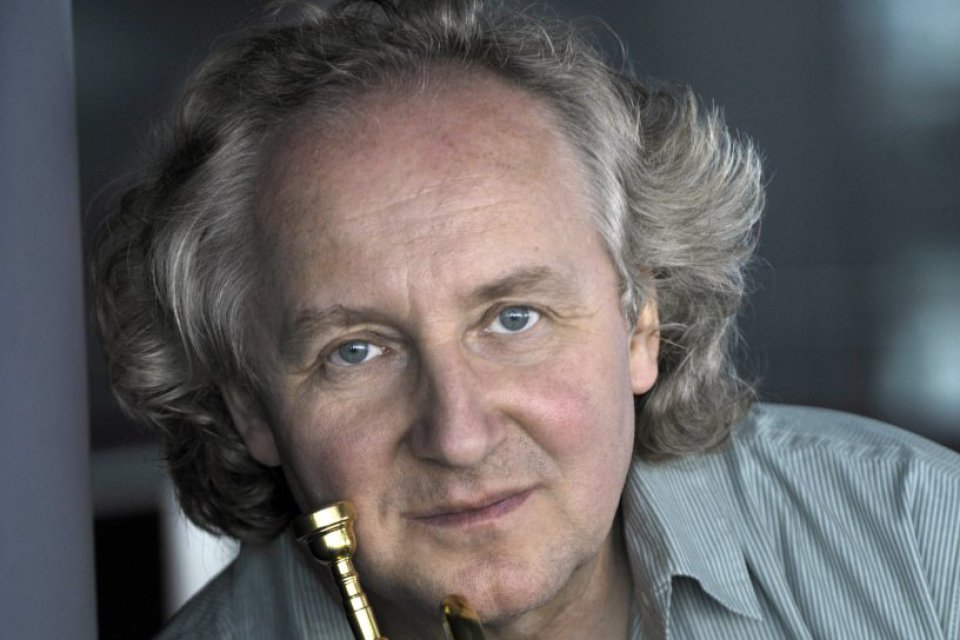צליל ומחשבה 2#ֿ ברהמס קודאי והקשר ההונגרי
שתי סונטות בקונצרט. הראשונה מוכרת פחות אך ראויה למקום של כבוד ברפרטואר של צ'לנים. הסונטה אופוס 4 של המלחין ההונגרי זולטן קודאי. קודאי הוא אחד מהמלחינים החשובים ביותר במאה ה-20. יחד עם חברו בלה בארטוק הוא עסק באיסוף, קיטלוג ותיעוד של מוסיקת עם הונגרית. הסונטה מורכבת משני פרקים. הראשון הוא פנטסיה המגוללת כמו סיפור אגדה עם דו שיח מיוחד בין הצ'לו לפסנתר בעוד בפרק השני נמצא את מוסיקת העם הוירטואוזית המקושרת למוסיקה ההונגרית המסורתית.
ברהמס כתב שתי סונטות לצ'לו ולפסנתר. הפעם נאזין לשניה אופוס 99 בפה מז'ור. יצירה נועזת ומוחצנת במיוחד בקטלוג של ברהמס. לסונטה ארבעה פרקים כאשר כל פרק הוא עולם בפני עצמו. גם כאן נשמע את השפעות המוסיקה ההונגרית הן בטקסטורות המזכירות כלים עממיים וכן במקצבים הייחודים למוסיקה ולשפה ההונגרית.
מנגנים:
צבי פלסר | צ'לו
מירי ימפולסקי | פסנתר
בתוכנית:
ז. קודאי - סונטה אופוס 4
י. ברהמס - סונטה אופוס 99 בפה מז'ור
אורך התכנית כשעה ורבע ללא הפסקה
קונצרט מס' שתיים מתוך סדרה אינטראקטיבית בעריכתו ובהשתתפותו של המנהל המוסיקלי והצ'לן צבי פלסר.








